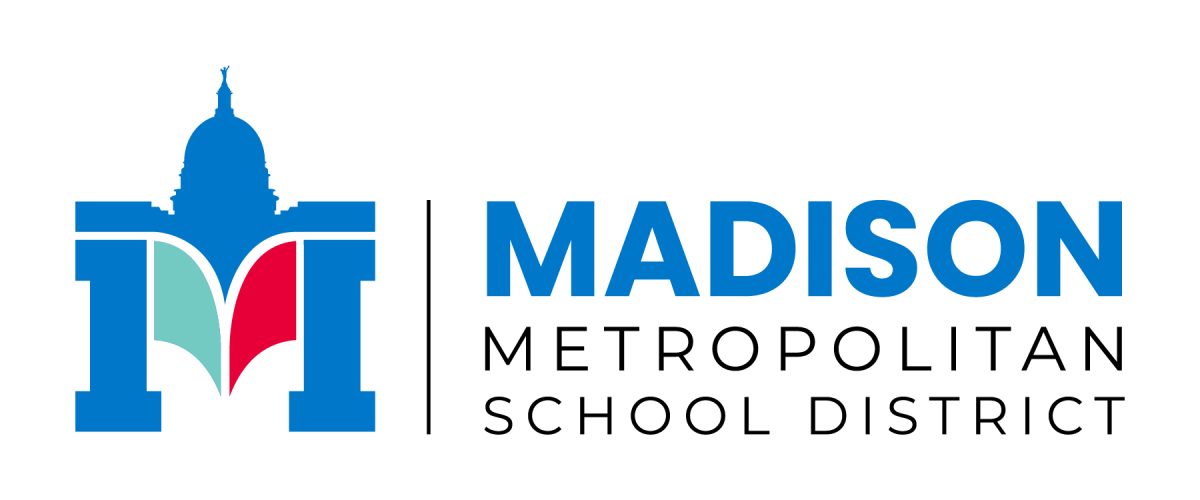Why it is Crucial to Include Water Access in the District Policy
Hydration improves cognitive function and helps students stay focused and energized.
August 4, 2022
All children, no matter where they live, should have access to clean, safe drinking water. Hydration can help children learn better and prevent illness, which creates a healthier learning environment. On August 29th, the MMSD School Board will be voting on the district Health & Wellness policy – and whether or not to include water access in it. Water access is extremely crucial and must be codified in this policy in order to maintain and improve the well-being of our students.
As a high schooler, I know firsthand the importance of hydration – especially when it comes to rigorous academics and athletics, as well as the benefits it has on one’s mental and physical health. According to the CDC, “adequate hydration improves cognitive function in children and adolescents and gives students a healthy alternative to sugar-sweetened beverages”.
Last year, water fountains were closed due to COVID. With few working water bottle-filling stations, access to water was limited. As a result, many of my friends couldn’t focus on tests and had headaches at sports practices. Water access must be included in the policy to prevent these situations.
There is substantial student support for the inclusion of water access in the policy. A survey that I conducted through the Memorial Children for Future club (CFF) spring shows that 94.5% of students surveyed expressed support for a water access policy. Furthermore, the survey showed that out of 10 Health & Wellness categories, “Nutrition”, which includes water access, had an approval rate of only 28.3%, the second lowest approval rate out of the 10 categories.
I am not only speaking on behalf of myself and my desire to improve water access, but also on behalf of my fellow students who support this cause (as shown in the survey), as well as a coalition of local organizations that CFF has been partnered with, all of whom have been passionately advocating for water access. It is crucial that the policy include specific language allowing water bottles in classrooms and requiring water bottle-filling stations in newly built schools and those undergoing major renovations, which would ensure accessible water for all of our students.
I hope that the people of Madison will advocate for water access by emailing school board members and signing the petition to show support.




















































